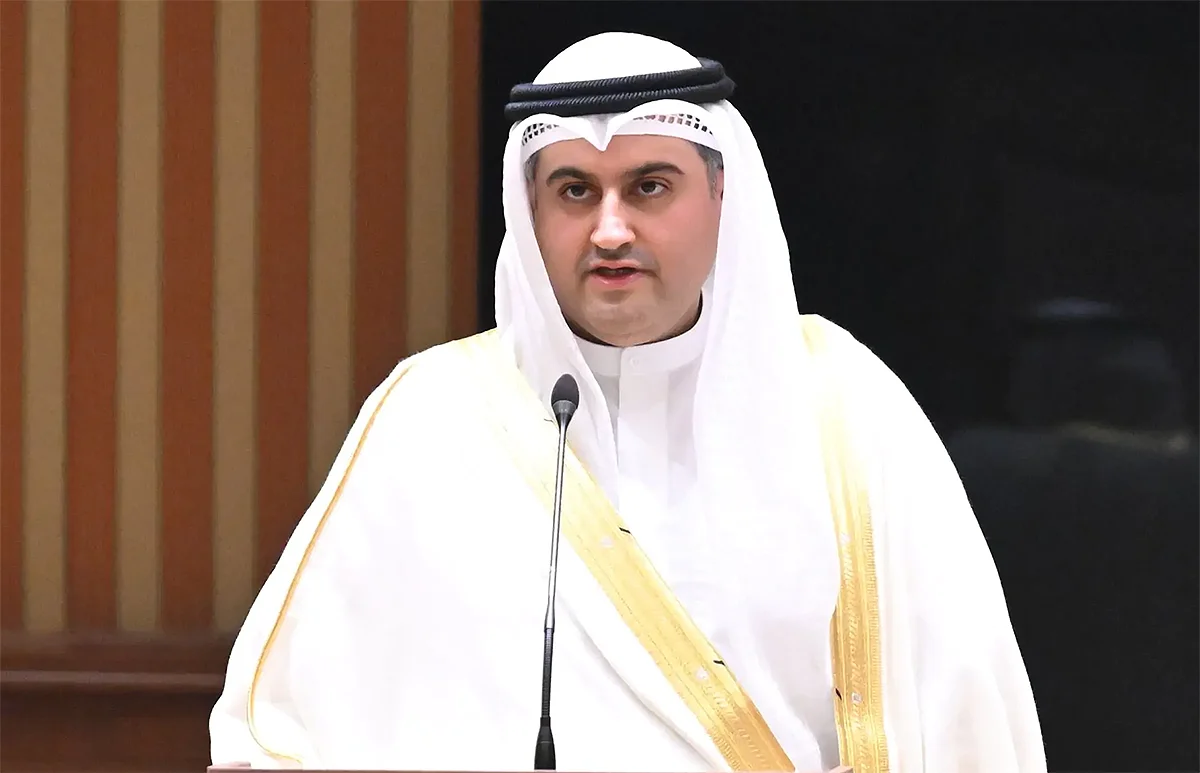24/04/2025
24/04/2025

“This creates a fertile environment for the proliferation of human trafficking and migrant smuggling; hence, the need for unifying efforts and strengthening cooperation to address the causes of the escalation of this crime in region,” he added. He hopes that the forum will conclude with the presentation of valuable and plausible recommendations. Meanwhile, Secretary General of the Gulf Cooperation Council (GCC) Jassim Al-Budaiwi disclosed that “since its inception, the forum has contributed to the creation of a convergent Gulf vision to combat human trafficking. This distinct vision is based on the economic and geographical specificities of GCC states and the challenges they face in light of the evolving tools and methods used in committing this crime, particularly those related to the use of modern technology and transnational organized crime networks.”
He added that another objective is to strengthen regional and international cooperation with organizations like the United Nations Office on Drugs and Crime (UNODC), International Organization for Migration (IOM), and International Labor Organization (ILO) to implement joint prevention and awareness programs. He cited Resolution No. 8-1 issued at the 10th meeting of the GCC Labor Ministers Committee, which mandated the Executive Office of the Council of Labor Ministers and the Council of Social Affairs Ministers of the GCC states to update the joint Gulf vision to combat forced labor and human trafficking. He disclosed “this will be done in coordination with a team of experts in the field of labor and international relations, and guided by pioneering initiatives and successful international and regional practices.”
He stated that in confirmation of this direction, the Executive Office is organizing a dialogue on the sidelines of the forum to begin the first phase of updating this vision, which is expected to constitute an integrated Gulf strategic framework that responds to the challenges of reality, keeps pace with transformations in the labor market and related technologies, and enhances protection and prevention against this crime. He reaffirmed the GCC countries’ commitment to combat trafficking in persons, develop legislative and regulatory frameworks, and strengthen regional and international cooperation to ensure the protection of victims, the prosecution of perpetrators, and the consolidation of the values of justice and human rights in societies. He pointed out this stems from their firm belief that cooperation and the exchange of expertise are the most effective means of combating this crossborder crime. He called for working together for a future free of exploitation and human trafficking. Other speakers at the forum include ministers and heads of national committees for combating human trafficking in GCC countries; such as Minister of Labor in the State of Qatar Ali bin Smaikh Al-Marri, Chairman of the National Committee for Combating Human Trafficking in Oman Sheikh Khalifa bin Ali Al-Harthy, Minister of Justice and Chairman of the National Committee for Combating Human Trafficking in the United Arab Emirates Abdullah Al-Nuaimi, undersecretaries of ministries in the Hashemite Kingdom of Jordan, and Chairperson of the National Coordinating Committee for Combating and Preventing Illegal Migration and Human Trafficking in the Arab Republic of Egypt Ambassador Naila Jabr. The forum included a panel discussion on “Protecting Rights and Promoting Justice in Combating Human Trafficking,” and a Gulf working session on the updated Gulf strategy to combat human trafficking in the labor market.


